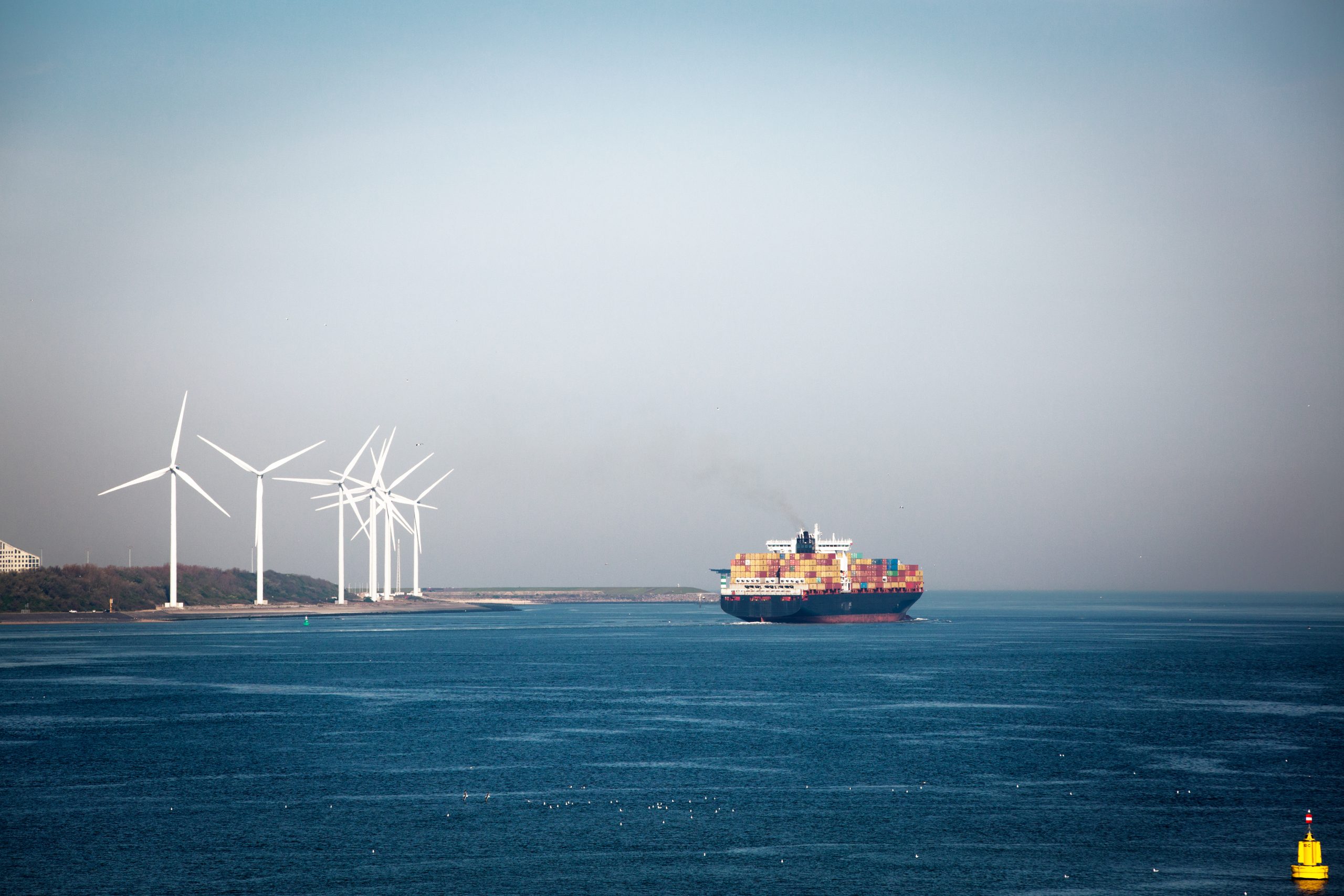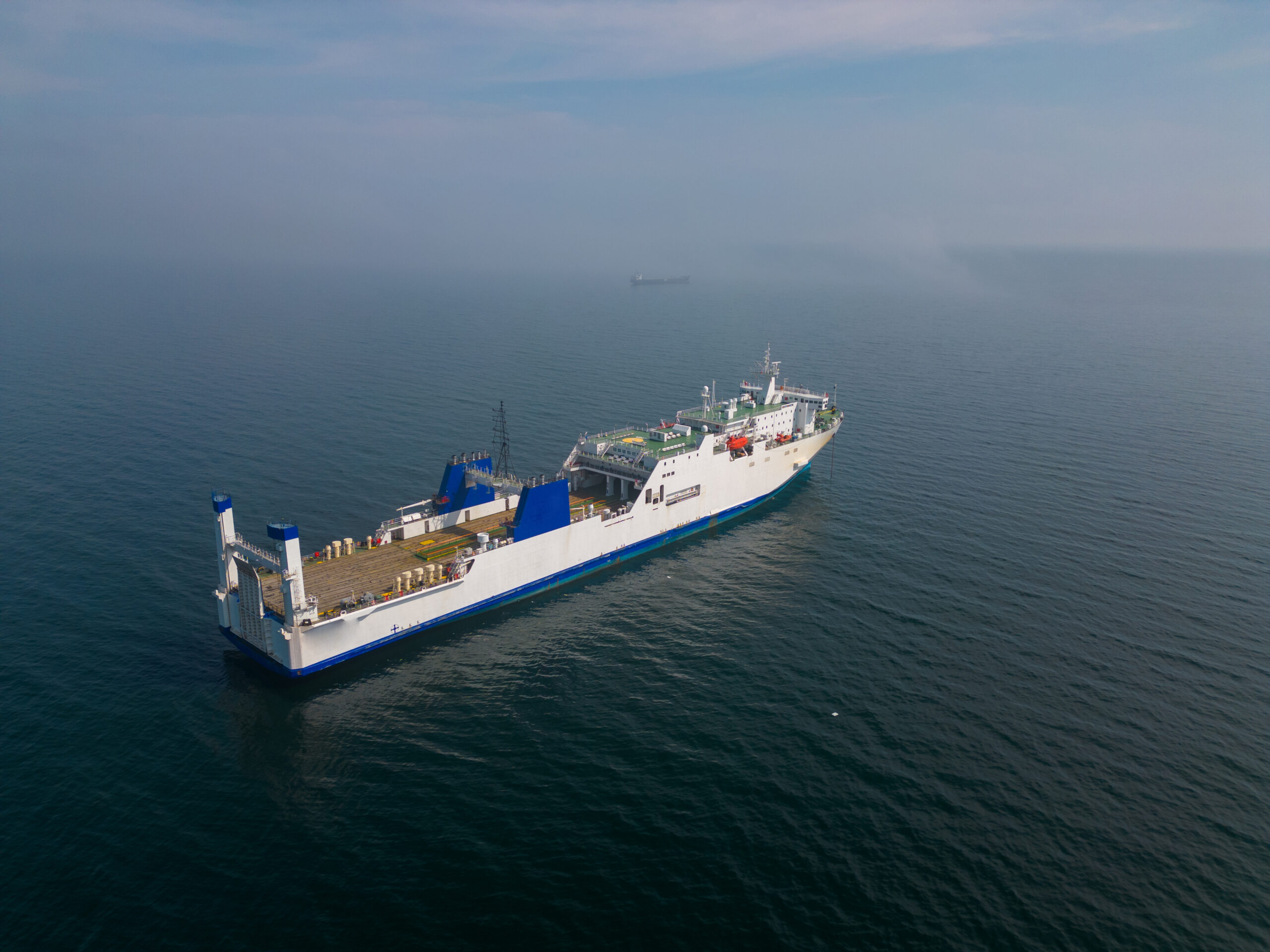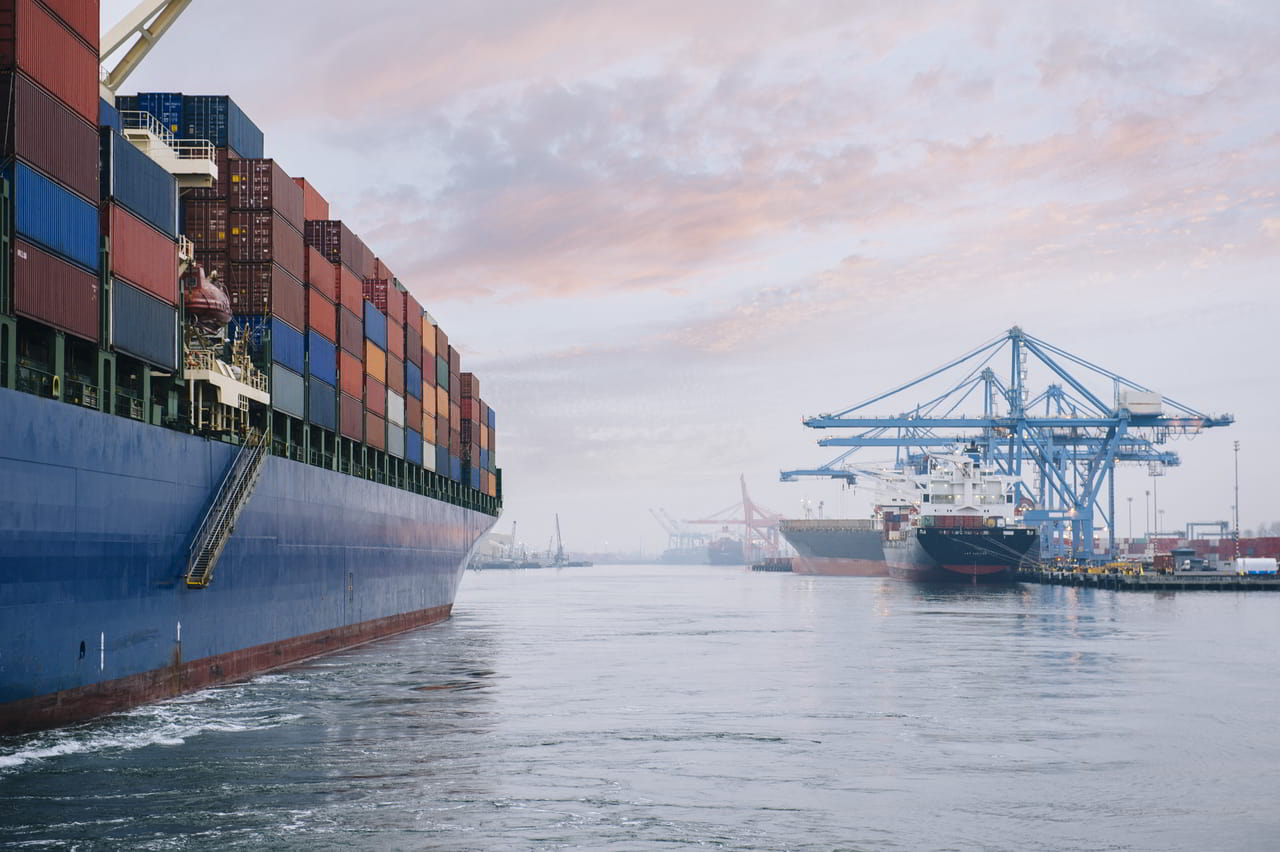The shipping industry is at a turning point, with a growing push towards cleaner and more sustainable energy sources. Hydrogen fuel cells have emerged as a viable alternative to traditional marine fuels, offering a way to power ships without harmful emissions. But while this form of technology holds promise, not all vessels are equally suited for hydrogen propulsion. This article, explores the types of ships that stand to benefit the most from hydrogen fuel cells, considering energy demands, operational needs, and infrastructure considerations.
How Hydrogen Fuel Cells Work in Maritime Transport
Hydrogen fuel cells generate electricity through a reaction between hydrogen and oxygen, with water and heat as the only by-products. The key benefits of this technology include:
• Zero Emissions: Hydrogen fuel cells produce no carbon dioxide or other pollutants, helping ships meet stringent environmental regulations.
• Energy Efficiency: They convert fuel into electricity more efficiently than traditional combustion engines.
• Quiet Operation: Unlike diesel engines, fuel cells operate silently, which is beneficial for marine wildlife and passenger comfort.
Despite these advantages, hydrogen fuel faces challenges such as storage constraints and the need for specialised refuelling infrastructure. As a result, certain types of vessels are better suited for hydrogen propulsion than others.
The Best Candidates for Hydrogen Fuel Cells
Ferries and Passenger Ships
Ferries, particularly those running short, fixed routes, are among the most promising candidates for hydrogen fuel cells. This is because they operate on consistent routes and their predictable schedules allow for dedicated hydrogen refuelling stations at terminals. Furthermore, they have lower energy demands. Unlike long-haul cargo ships, ferries do not require massive amounts of fuel storage.
Inland and Coastal Cargo Vessels
Smaller cargo ships, including river barges and coastal freighters, are also well-suited for hydrogen power as they travel shorter distances and their routes often keep them close to shore, making refuelling more feasible. They also have lower fuel needs compared to ocean freighters, and hydrogen’s lower energy density is less of an issue for vessels that do not need to cross oceans.
Yachts and Leisure Boats
Luxury yachts and other recreational vessels are increasingly being designed with sustainability in mind, making hydrogen an appealing option. They are also designed to optimally be quiet and clean. The near-silent operation of hydrogen enhances the luxury experience while eliminating emissions. Wealthy yacht owners are also often early adopters of green technology. Finally, yacht and leisure boats have ideal port accessibility, since yachts typically operate in well-developed ports, making hydrogen refuelling is more practical.
Research and Exploration Vessels
Scientific vessels working in environmentally sensitive areas stand to gain from hydrogen propulsion. The minimal environmental impact of hydrogen fuel is essential for operations in pristine marine ecosystems such as the Arctic and Antarctic, and the silent running of these vessels is a major advantage for research missions that require minimal noise interference. Some research ships integrate renewable energy sources, generating hydrogen onboard using solar and wind power.
Support and Harbour Vessels
Tugboats, pilot boats, and other harbour support vessels are excellent candidates for hydrogen adoption. Operating within port areas means they have regular access to refuelling, making the development of hydrogen infrastructure more viable. Their lower fuel requirements, as they do not travel long distances, mean hydrogen storage limitations are less of a concern. Additionally, many ports are moving towards emissions-free operations, making hydrogen an attractive choice.
Vessels Less Suited for Hydrogen Fuel Cells
While hydrogen technology has great potential, it is less practical for some types of vessels. Large ocean-going cargo ships require vast amounts of energy, and hydrogen’s low energy density makes it difficult to store enough fuel for long-haul routes. Military and high-speed vessels need rapid refuelling and high-power output, areas where hydrogen technology currently falls short. Remote fishing boats could benefit from hydrogen, but the lack of refuelling stations in isolated regions presents a major challenge.
The Future of Hydrogen-Powered Shipping
Several factors will determine how widely hydrogen fuel cells are adopted in the maritime industry. The expansion of infrastructure will be critical, as ports need investment in hydrogen production, storage, and refuelling facilities. Advances in hydrogen production and storage technology could reduce costs and make fuel cells more viable. Regulatory pressure is also playing a role, with governments and international bodies imposing stricter emissions standards, pushing the industry towards cleaner alternatives.





